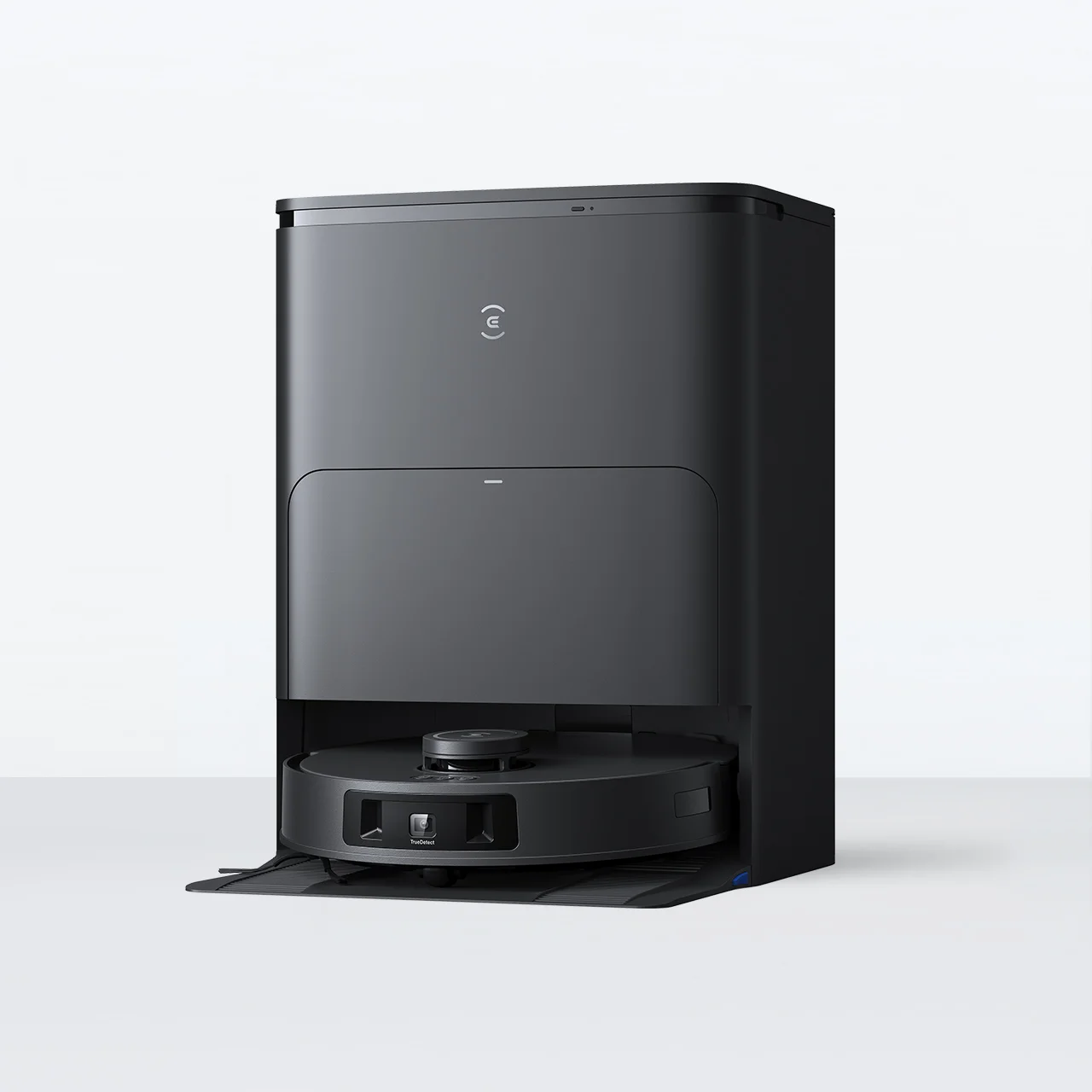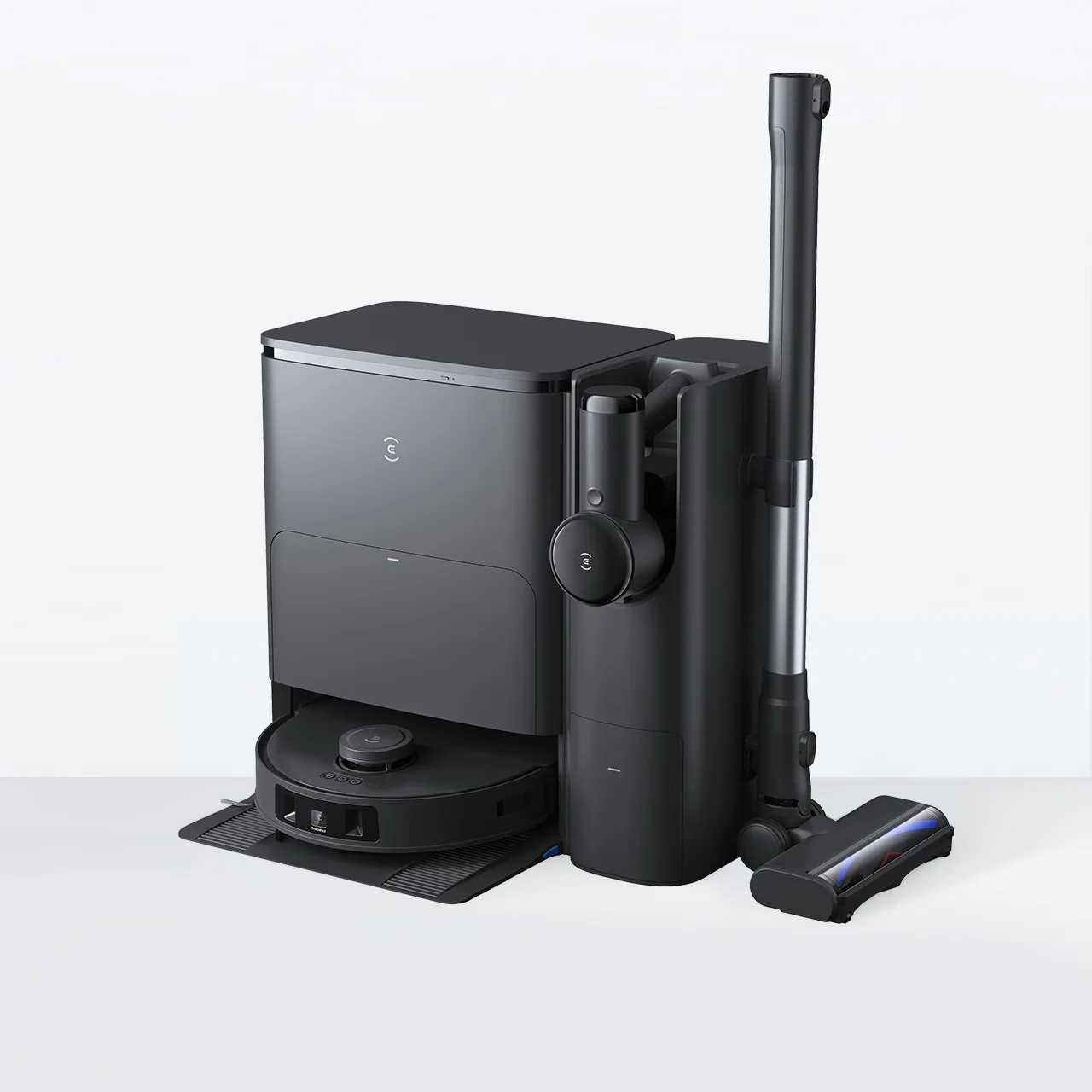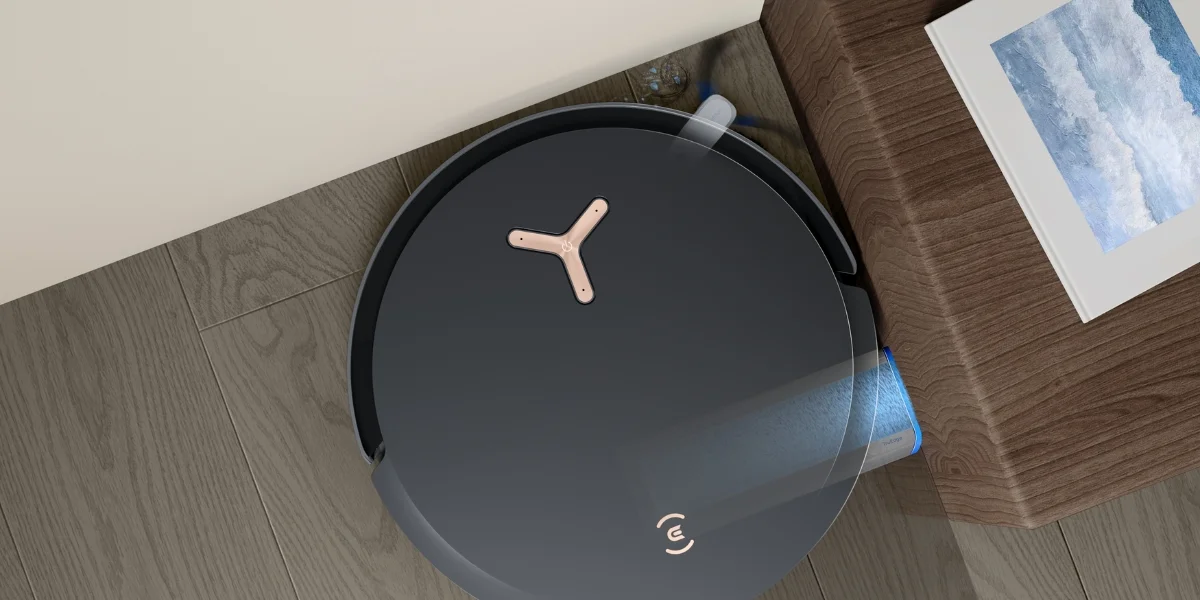
Vacuum cleaners have become one of the most essential appliances in our households, but have you ever found yourself disrupted or bothered by their loud sounds? This could especially be problematic if you’re working from home and need to concentrate, if you have young children and don’t want to wake them up or if you suffer from hyperacusis (a sensitivity to sound) or tinnitus (ringing in the ears). In fact, almost 36 million Americans suffer from tinnitus and an estimated one in every thousand also have hyperacusis which makes it difficult to function even in ordinary environments. This is why it is important to know the decibel level of vacuum cleaners before you buy one and make an informed decision based on how it’s going to affect you and your family members.
What is a Decibel and How is it Measured?
Decibel (dB) is a unit used to measure the intensity of a sound. Each 10-decible increase represents a 10-fold increase in sound intensity. For example, a sound at 80dB is 10 times more intense than a sound at 70dB, which is 10 times more intense than a sound at 60dB.
These are the typical decibel levels of common everyday sounds:
● Whisper: 30dB
● Normal speaking: 60dB
● Kitchen blender: 90dB
● Chainsaw: 110dB
● Rock concert: 110 to 150dB
The human ear can tolerate sounds of up to 70 to 80dB without feeling any discomfort or hearing damage. However, prolonged exposure to sounds above 85dB can start to cause damaged hearing over time and sounds above 120dB can cause hearing loss. This is why knowing how much noise your vacuum cleaner makes is essential.
How Many Decibels Does a Vacuum Cleaner Produce?

If you’re wondering how many dB a vacuum cleaner is, on average, the noise level of a regular vacuum cleaner is from 60 to 80 dB, which can be acceptable to deal with for short periods of time. The amount of noise it creates can differ by the type, model and brand of vacuum cleaner. It can range anywhere from silent (60dB), normal (61 to 70dB), loud (71 to 75dB) or very loud (over 75 dB). The lower noise level, the more you’ll be able to go about your day uninterrupted while your house is being cleaned.
Below is the noise level in decibels for various types of vacuum cleaners :
● Upright, corded and handheld vacuums: 70 to 80 dB
● Handheld vacuums: 70 to 80 dB
● Stick vacuums: 60 to 75 dB
● Canister vacuums: 60 to 70 dB
● Central vacuums: 55 to 65 dB
● Robot vacuums: 55 to 70 dB
Some manufactures like ECOVACS have robot vacuums that are specifically designed to be quiet. Traditional vacuum models can produce noise levels as high as 80dB, but DEEBOT’s sounds are as low as 65dB. They also come with anti-tangle technology that prevents any hair from getting tangled in the machine and ensures a quieter operation. But don’t worry, just because it is quieter doesn’t mean it’s any less efficient. In fact, DEEBOT vacuum cleaners can maintain a suction power as high as 11,000Pa, without compromising on low noise levels.
What Factors Affect Vacuum Cleaner Noise Levels?
The amount of noise vacuum cleaners makes depends on various factors such as the type of vacuum cleaner, motor power, condition of the filter and the surface being cleaned. In general, robot vacuums are the best choice for those who want a quieter vacuuming experience because they have advanced motors and sensors that detect and avoid obstacles and automatic features that make them easy to use.
Type of vacuum cleaner
Whether you want to buy a robot vacuum or a traditional vacuum, it’s important to know that different types of vacuum cleaners produce varying noise levels because of their features and the way they’re designed. For example, if you’re deciding between a robot vacuum or stick vacuum, know that upright models have more powerful motors and fans which makes them loud. In contrast, robot vacuum cleaners are widely known for their noise-dampening capabilities. They use special noise-reduction technologies to clean your home at remarkably low decibel levels. This makes them the perfect choice if you have a noise-sensitive environment such as a newborn or someone with sensitive hearing at home.
Motor Type and Power
The motor type and power of a vacuum cleaner can have an effect on its noise levels. Higher powered motors create more vibrations and turbulence caused by airflow, which leads to more noise. In addition, smaller and more efficient motors such as those in robot vacuums produce less noise compared to larger ones.
Condition and Maintenance
If you maintain your vacuum cleaner well, for example, if you regularly clean its filters and brushes, it will operate quietly and more efficiently. However, as parts wear out or become clogged over time, the device has to work harder to clean which can generate more noise. Remember to regularly replace brushes, belts and cleaning filters to keep your vacuum cleaner running smoothly and quietly. Some robot vacuum models have self-cleaning capabilities, though you’ll still have to occasionally take steps to maintain its performance.
Filter Type and Condition
If your filter is dirty or clogged, this can force the vacuum cleaner to work harder and cause the motor to strain and generate more noise. This is why it is important to clean the filters and replace them when necessary to allow for efficient airflow and minimize noise.
Surface Being Cleaned
The type of surface being cleaned can change the noise level of a vacuum cleaner. For example, carpeted floors have a thicker and softer texture which muffles some of the sound. In contrast, hard surfaces like hardwood or tile floors don’t absorb the sound as much so it can be louder.
How to Choose a Quiet Vacuum Cleaner?

There are several criteria to keep in mind when you’re looking for a quiet vacuum cleaner. Look for models that use sound-insulating materials and have a high-quality motor as this can decrease the machine’s decibel levels. Features like soft rubber wheels, adjustable suction power and different cleaning modes based on floor type can also help minimize loud noises.
Choosing a quiet vacuum cleaner with low decibel levels is important because exposing yourself to high noise levels can be harmful for your health and well-being. It could trigger your body’s stress response, cause sleep disturbances, headaches and even hearing problems. It’s even more crucial to choose a quiet model if you have family members with existing medical conditions or if you live with young children who may be sensitive to loud noises.
If this sounds familiar, a robot vacuum could be the most suitable option for your home. It has lower noise levels compared to traditional upright and handheld vacuums. Plus, it can clean your home autonomously without disturbing anyone in your household. This way, you’ll be able to maintain a clean and peaceful home.
FAQ
Do robot vacuum make less noise than traditional vacuum cleaners?
Yes, robot vacuum cleaners are quieter than traditional upright or canister vacuum cleaners. A traditional vacuum cleaners noise level ranges from 70 to 80 dB while a robot vacuum’s noise level ranges from 60 to 70 dB.
Is a quieter vacuum cleaner less powerful?
A quieter vacuum cleaner doesn’t mean it's necessarily less powerful. Modern vacuum cleaners are quieter without sacrificing suction power or cleaning performance. For example, the noise level from a DEEBOT T30S can be as low as 65 dB (in sweep & mop mode) and the suction power can be as high as 11,000 Pa.
How can I measure the decibel level of my vacuum cleaner?
You can use a decibel meter or sound level meter app on your smartphone to measure the noise level of your vacuum cleaner. Another way to check the noise level of your vacuum cleaner is to check the product specifications in the manual.
Related Products









